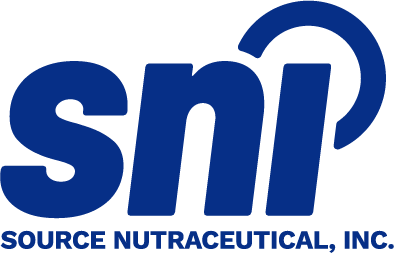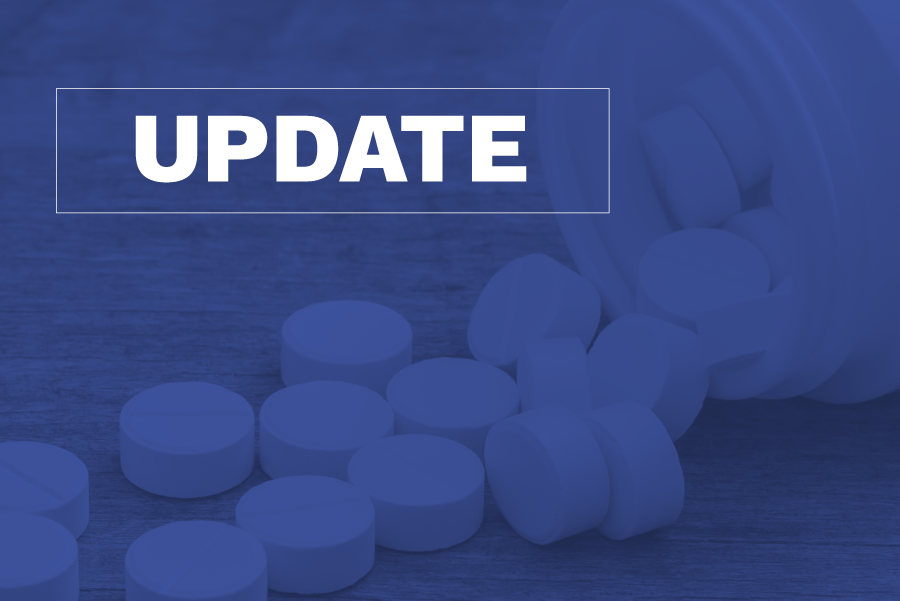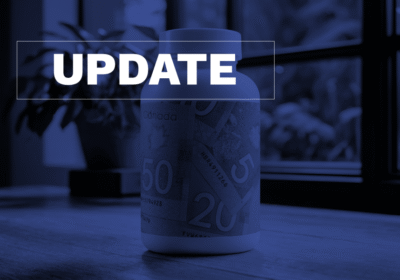Overview of the Prescription Drug List Change
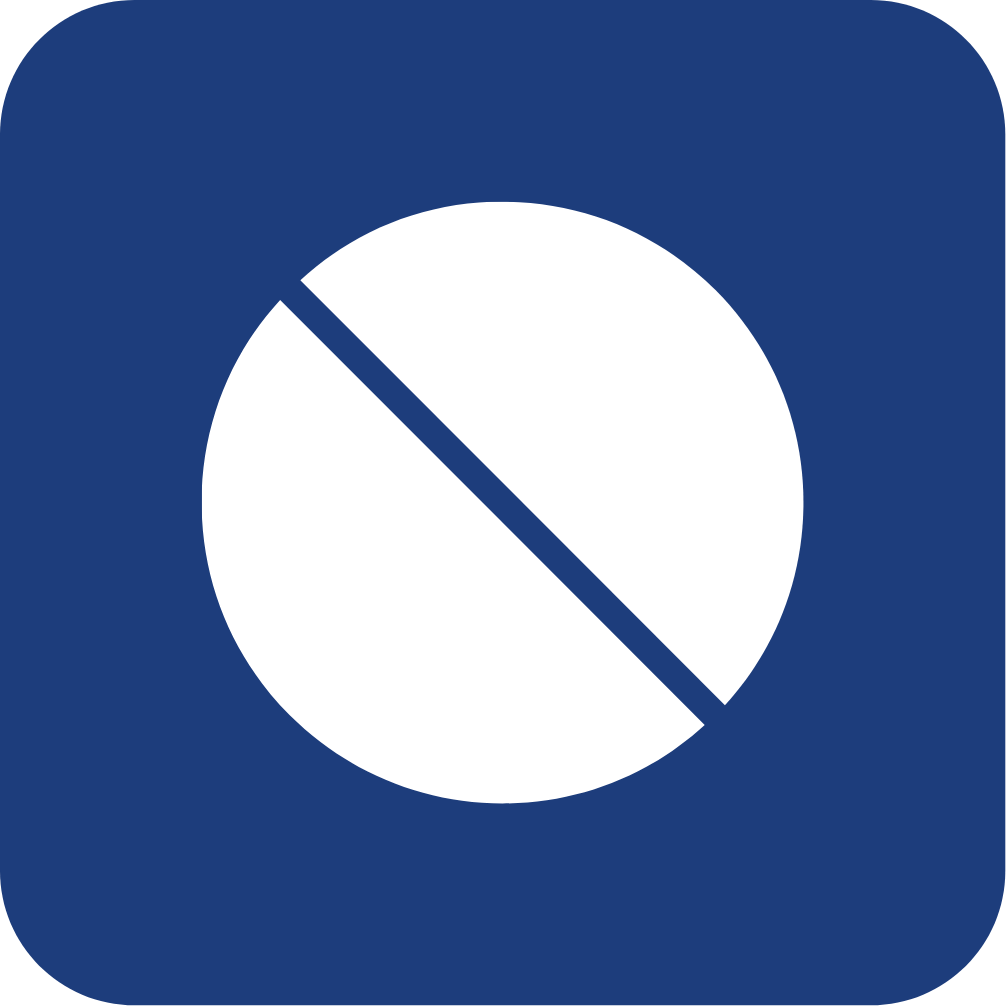
On July 21, 2025, Health Canada implemented a regulatory amendment that exempts certain nicotine tablets from the human-use section of the Prescription Drug List (PDL). This change applies specifically to orally disintegrating and sublingual nicotine tablets that contain no more than 4 milligrams of nicotine per dosage unit and are intended for buccal absorption. These products may now be sold without a prescription, provided all regulatory criteria are met. The amendment aligns nicotine tablets with other previously exempted forms of Nicotine Replacement Therapy (NRT), such as lozenges, chewing gum, transdermal patches, and non-active buccal delivery devices.
Technical Requirements for Nicotine Tablet Eligibility
The exemption applies exclusively to dosage forms that dissolve in the mouth and deliver nicotine through passive buccal absorption. Tablets must not rely on systemic release beyond the oral mucosa or employ active delivery devices. Products that exceed the 4 milligram dosage threshold or are administered by means other than buccal absorption do not qualify for this exemption and remain subject to prescription status.
Rationale and Stakeholder Consultation

This regulatory shift followed a structured public consultation period held from February 13 to April 29, 2025. During the consultation, Health Canada received feedback from a cross-section of stakeholders, including academia, industry, public health organizations, and provincial health authorities. Respondents unanimously supported the exemption, provided that it explicitly limited eligible products to those intended for buccal absorption. This feedback was incorporated into the final language of the amendment to ensure regulatory clarity and to mitigate the risk of unintentional misclassification of other nicotine-containing products.
Continuity of Existing NHP Licences for Nicotine Tablets
Prior to the amendment, Health Canada had authorized several nicotine tablet products under the Natural Health Products Regulations (NHPRs) based on their equivalency to nicotine lozenges. These approvals were granted by the Natural and Non-prescription Health Products Directorate (NNHPD) following full reviews of safety, quality, and efficacy data. Health Canada has confirmed that the amendment does not affect the regulatory status of these products. Their licences remain valid, as they already conform to the criteria for non-prescription status under the updated PDL.
Regulatory Pathways for New Nicotine Tablet Products

Manufacturers intending to introduce new nicotine tablet products must determine whether their formulation qualifies as a Natural Health Product (NHP). If so, they must submit a Product Licence Application (PLA) to the NNHPD, including documentation related to safety, intended use, quality, and manufacturing controls. If the product does not meet NHP criteria, it must be submitted for approval as a non-prescription drug under the Food and Drug Regulations. Regardless of the regulatory pathway, products must contain 4 milligrams of nicotine or less per dosage unit and be designed for buccal absorption only.
Labelling and Packaging Requirements for Nicotine Tablets
Although nicotine tablets are now exempt from prescription status, they remain subject to robust labelling and packaging requirements. Health Canada mandates that product labels indicate the intended use for smoking cessation in adults aged 18 and older, outline dosing instructions, and include all applicable cautionary statements. These must cover contraindications such as pregnancy, breastfeeding, and certain medical conditions. Additionally, labels must comply with the Plain Language Labelling Initiative and not contain unauthorized therapeutic claims. Product packaging must also meet regulatory expectations related to safety, stability, and tamper evidence.
Youth Protection Measures and Supplementary Rules

This exemption is part of a broader regulatory modernization strategy. In parallel with the July 2025 PDL amendment, Health Canada introduced the Supplementary Rules Respecting Nicotine Replacement Therapies, which apply to all oral NRT formats. These rules are intended to prevent youth access and misuse by establishing stringent packaging, labelling, and marketing standards. Under the supplementary rules, manufacturers are required to submit product mock-ups demonstrating compliance with youth-targeted restrictions when applying for new licences or amendments to existing authorizations.
Future Amendments and Classification Updates
The current exemption for nicotine tablets is listed as part “f” under the PDL qualifier. Health Canada has signaled its intention to further amend the PDL to include nicotine pouches in the future. When this occurs, nicotine tablets will be reclassified under part “g” to maintain internal consistency and ensure clear delineation among dosage forms. This planned change is intended to enhance transparency and reflect the evolving landscape of nicotine replacement products in Canada.
Sponsor Considerations for Nicotine Tas blet Market Access

Sponsors interested in marketing nicotine tablets in Canada should first confirm that their product meets the required dosage and absorption criteria. They must then determine the appropriate licensing framework, whether under the NHP or the Food and Drug Regulations. All submissions must be supported by full technical documentation and include packaging and labelling that align with Health Canada’s guidance. In light of the Supplementary Rules, sponsors should also prepare product mock-ups to demonstrate conformity with youth protection standards.
Final Remarks
Health Canada’s decision to exempt sublingual and orally disintegrating nicotine tablets from prescription status is grounded in a risk-based regulatory approach and reflects a balanced consideration of public health priorities and product accessibility. This amendment supports the expansion of over-the-counter smoking cessation options while preserving critical oversight through robust licensing, labelling, and marketing standards. Sponsors with regulatory questions are encouraged to contact the Prescription Drug Status Committee or the NNHPD for further guidance.
Need support navigating the Health Canada licensing process for nicotine tablets? Our regulatory affairs team can help with classification assessments, product licence application preparation, labelling reviews, and NNHPD or drug submissions. Contact us today to streamline your market entry!
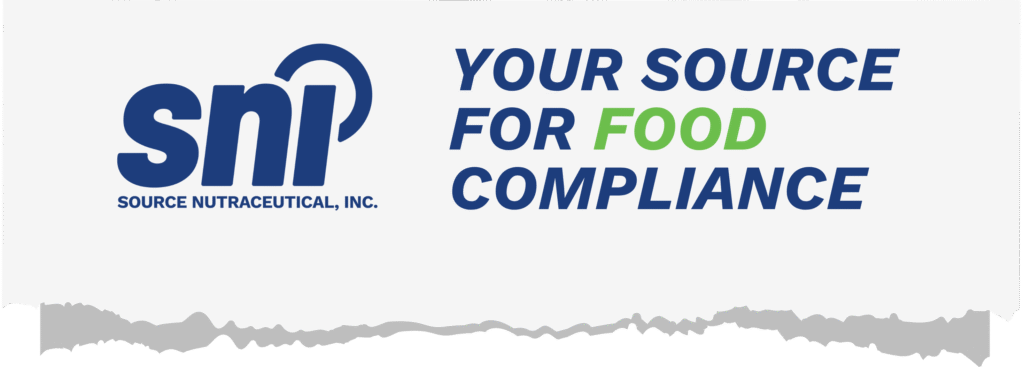
Bringing a nicotine replacement therapy product to market? Let us help you do it right.
At SNI, we specialize in regulatory strategy that delivers results. From formula assessments and complete application package preparation to testing GAP analysis and compliant labelling, our experts handle the complexities so you can focus on growth.
With over 60 years of combined experience in regulatory affairs, our team understands exactly what it takes to meet Health Canada’s requirements in an efficient and effective manner.
Ready to launch with confidence? Contact us today to get started.
💊 More about our services here.
💡 Compliance is easy with the right support!
📩 info@sourcenutra.com
⬇️ Send us a request for support or an introductory call
Frequently Asked Questions
Can I buy nicotine tablets without a prescription in Canada?
Yes. As of July 21, 2025, Health Canada permits the sale of nicotine tablets without a prescription, provided they meet all exemption conditions.
What is the maximum dosage allowed for non-prescription nicotine tablets?
The nicotine dosage must not exceed 4 milligrams per unit and the product must be administered through buccal absorption.
Can nicotine tablets be licensed as Natural Health Products?
Yes. If the product meets the criteria under the Natural Health Products Regulations, it may be submitted to the NNHPD for licensing as an NHP.
Are nicotine pouches included in this exemption?
No. However, Health Canada has indicated that nicotine pouches will be addressed in a future amendment, at which time tablets will be relisted under a different qualifier.
✷ The content on this website, including information presented in this post, is provided for general informational purposes only and does not constitute legal, regulatory, or professional advice. While efforts are made to ensure accuracy, laws and regulations vary by jurisdiction and may change over time. Readers should not rely on this information as a substitute for advice from qualified legal or regulatory professionals. We disclaim any liability for actions taken based on this content, and users are encouraged to seek guidance specific to their circumstances.
